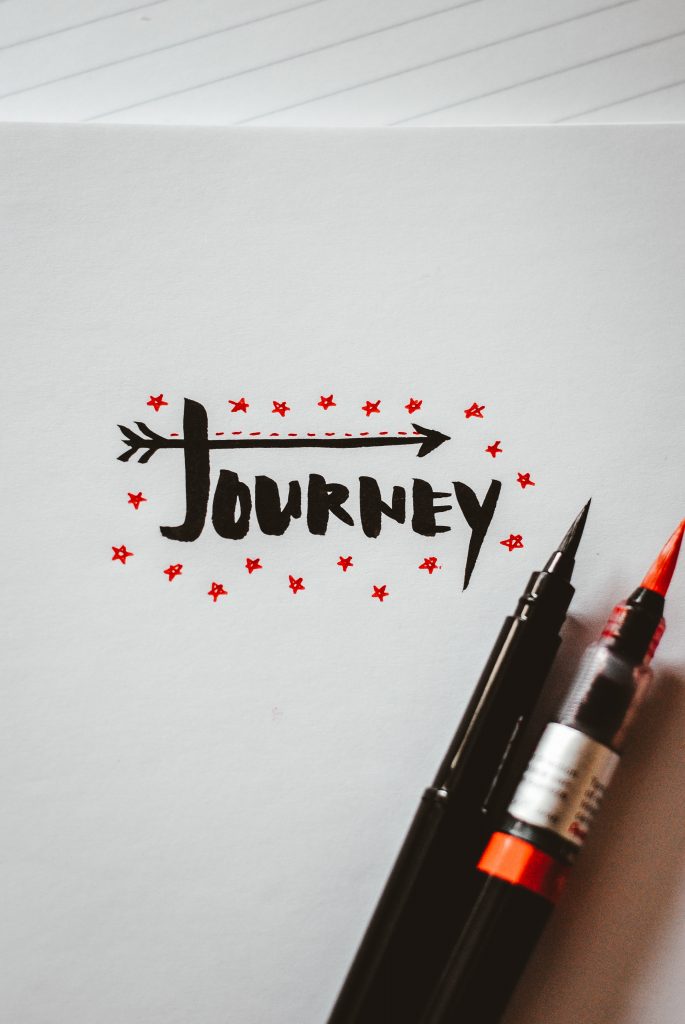
There’s lots of uncertainty right now. Now might not feel like the right time to consider a career change. The economy is terrible, there a thousands of redundancies, companies going bust, industries are collapsing…it’s pretty scary.
It very much feels a time to be grateful if you have a job and regular income, and just get on with it.
But, if you are considering changing career and hesitating about whether or not you can make a go of it… remember that career change can take a while. Honestly, it took me years from first wondering if I was on the right path, to actually making the break and starting to see what else was out there for me.
So don’t let what’s going on right now hold you back. I remember reading that the best way to look at career change is like having a side project. It’s this special time where you can explore, make tiny steps towards change, discover things about yourself.
Set aside whatever time you can; 10 minutes a day, weekend mornings, an hour in the evening, whatever. But set aside regular time to concentrate on your side project.
What is it you really want to do? Sometimes you need time to work this out. I read a ton of books, blogs, online case studies. Podcasts became my best friend. I talked to friends of friends about their jobs, their companies, their work culture.
If it all feels too overwhelming and too much, start slowly and softly. Find an inspiring book that makes you feel excited about making a change. And let yourself dream.
The first step really is realising that career change is possible, and that there will be something out there that you are better suited to. I surrounded myself with voices – mainly in books and podcasts – telling me that it’s possible, and providing examples. This helped to shift my mindset.
I started truly believing that I could leave my then job, and find something that felt more me, using all my skills and experiences and knowledge.
Of course, you’re not going to get far by only doing the research. As with me, you could spend years ruminating and dreaming but not actually taking any action. At some point you need to start taking action that is going to get you moving.
But that doesn’t have to be a massive leap. You could speak to that friend of a friend who seems to love her job, and asking her about it. It could be finding someone who is doing something that appeals to you – someone you know of, someone mentioned in a blogpost, someone who’s written an article – and sending them a short message, maybe asking a couple of questions.
You could find a free tutorial about updating your LinkedIn profile or cv – and putting some time in so that it truly reflects you as you are now. This can be quite an important step in shedding the skin of previous jobs – having the confidence to show who you are and what you are looking for now.
Be kind to yourself, make it as fun and inspiring a project as you can. Know that taking action will get you there eventually. It might take time, but things can and do change.
If you’d like to book in a coaching session with me, and plan your next small steps in taking action, email me at joaopoku@gmail.com or via LinkedIn.
Photo by Jess Bailey on Unsplash



